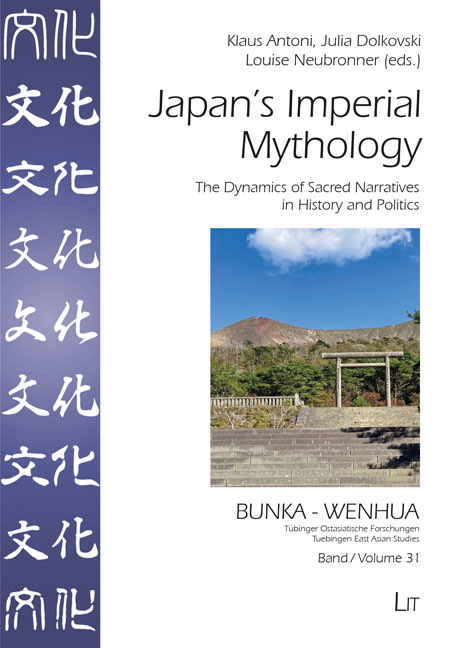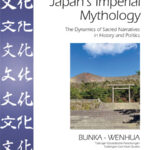Beschreibung
How have ancient texts shaped the identity and legitimacy of a modern nation? This question is at the heart of the present volume, which examines Japan’s earliest mytho-historical chronicles, the Kojiki (712) and Nihon shoki (720), and their enduring legacy through the lens of sacralization and desacralization. Building on an international symposium at the University of Tübingen, this interdisciplinary collection traces the fluctuating authority of Japan’s imperial mythology through centuries of political, religious, and cultural change.
From Edo-period Kokugaku to postwar nationalism and the Fukushima disaster, the contributors examine how communities and political actors have continually reinterpreted these foundational texts to legitimize power, express identity, or challenge tradition. Organized in reverse chronological order—starting with contemporary perspectives and moving back to early mythology—this volume brings together innovative case studies and comparative analyses that illuminate the dynamic interplay of text, myth, and authority.
Klaus Antoni is a Senior Professor of Japanese Studies at the University of Tübingen. He specializes in the intellectual and religious history of Japan, in particular Japan’s political mythology and the relationship between religion (Shinto) and ideology.
Julia Dolkovski is a PhD candidate at the University of Tübingen whose work bridges the fields of mythology and media studies. She wrote her MA thesis on myth in the video game Ōkami and now investigates how contemporary media reinterpret the Kojiki and Nihon shoki.
Louise Neubronner is a PhD candidate at the University of Tübingen. Her research focuses on intellectual disputes during the Edo period that reflect conflicting interpretations of the kamiyo myths. She previously explored related themes in her MA thesis on Ueda Akinari’s Kokugaku thought.


 Download
Download 